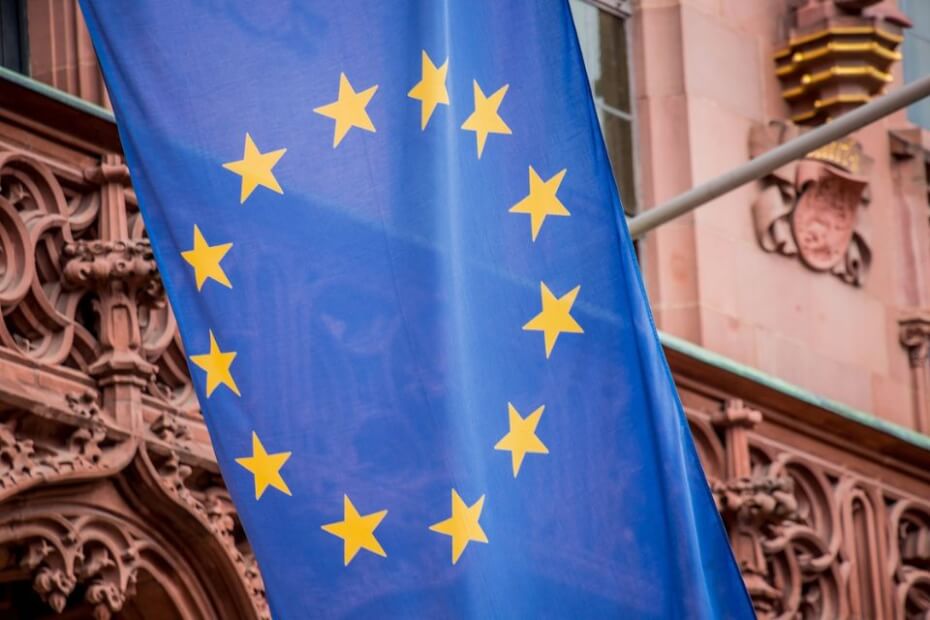
A European Union ((EU) ambassador to the United Kingdom (UK) recently suggested that Britain relax its borders to improve EU relations.
Miguel Berger, Germany’s ambassador to the UK, said easing border restrictions will significantly improve trading and security ties with the EU.
“We think we should look for areas which are in the common interest,” he told Politico, as per a report by The Daily Mail.
He proposed a working title of the Security and Cooperation Agreement for a new treaty and a youth mobility deal between the UK and the EU.
A youth mobility agreement will allow young people and certain professionals to move more freely between the UK and the EU.
Berger’s comments come after UK Prime Minister Keir Starmer said he wanted to reset EU relations.
UK’s Number 10 said he supports closer EU ties and is looking to renegotiate parts of the Brexit deal.
UK-EU Youth Mobility Agreement

Ambassador Berger admitted Berlin wanted a broader EU relations deal than the one Starmer proposed.
He stressed that the EU will prioritize greater freedom of movement, especially for young people.
Berger’s proposal to ease UK border restrictions would not bring back the same freedom of movement as when the UK was part of the EU.
“‘I think it’s very important that people understand this has nothing to do with the migration dossier,” the ambassador insisted.
He added, “People come here to study, work, do internships, whatever, and then they would leave. So this is not about migration.”
Berger said he would like to “see more progress” for young people’s freedom of movement.
This includes topics such as a Youth Mobility Scheme, the Erasmus program, school trips, youth exchanges, and visa costs.
A youth mobility deal and rejoining the Erasmus program would benefit young people and enhance cultural and educational ties.
Easing visa costs and procedures for school trips, internships, and youth exchanges could also improve day-to-day mobility for young people.
UK’s stance on EU relations

Prime Minister Keir Starmer aims to reset EU relations and foster closer economic ties with the bloc.
This includes renegotiating Brexit deals, especially in agriculture, chemicals, and professional qualifications.
During a recent European summit at Blenheim Palace, Starmer expressed his commitment to rebuilding trust with EU leaders.
He said, “We want to be a friend and partner to Europe, working closely together on security, trade, and other areas of mutual interest.”
However, the UK Prime Minister made it clear that the UK will not rejoin the EU’s single market or customs union.
His government also stressed that there would be no return to freedom of movement between the UK and the EU.
Instead, the UK Government is leaning towards individual youth mobility deals with individual EU countries instead of an EU-wide agreement.
Concerns, criticisms on improving EU relations
Starmer’s approach to Brexit renegotiations and willingness to engage with the bloc’s leaders signal a potential shift in EU relations.
On their part, the EU has issued a list of demands for the UK to address in order to improve relations post-Brexit.
This primarily includes the UK’s compliance with the Withdrawal Agreement, upholding the rights of European citizens residing in the UK.
Another key demand is a blanket youth mobility agreement for all EU Member States and lower visa costs for participating youth.
Brussels also wants to ensure the Northern Ireland Protocol and trade policies for the safe movement of goods and pets.
A recent report claimed the UK government is revisiting its decision to reject the EU’s youth mobility proposal.
However, the British Government has since shot down the story.
Still, it must weigh the benefits of closer EU ties against the political and social implications of its demands.
Critics argue that some EU demands could undermine the UK’s control over its borders, a key issue during the Brexit campaign.
They fear that easing restrictions might lead to increased migration and a return to dependence on EU laws and judges.
Some critics also claimed that joining the EU single market might lead to the UK being subject to EU laws and regulations again.

